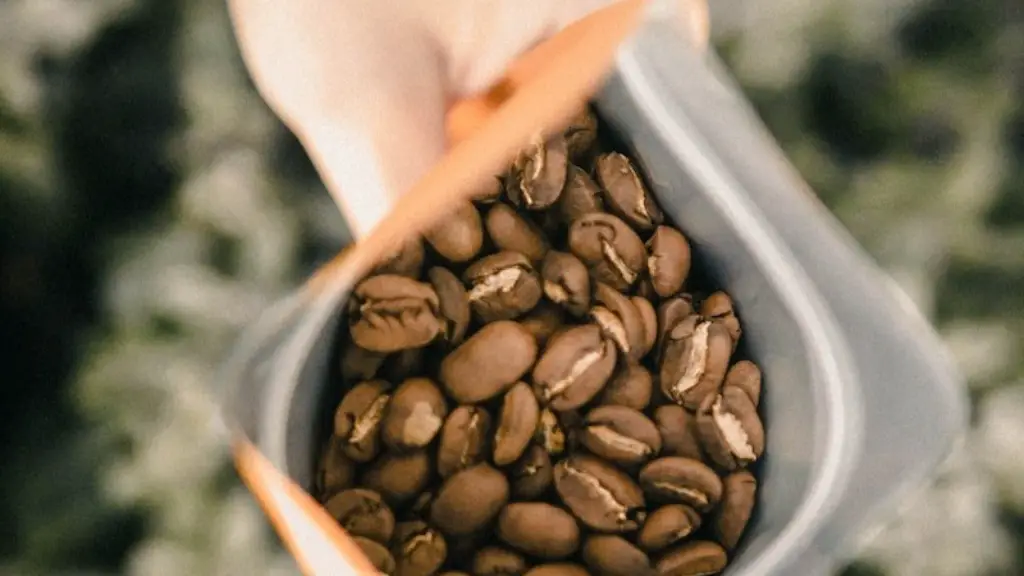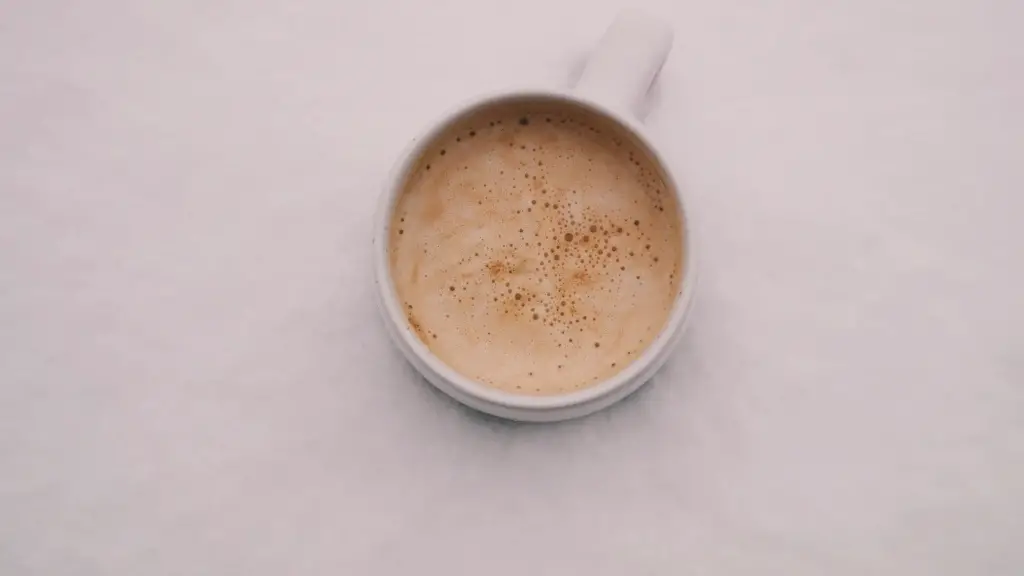What is Intermittent Fasting?
Intermittent fasting (IF) is an eating pattern that cycles between periods of fasting and eating. It does not specify which foods you should eat but rather when you should eat them.
IF can range from fasting for a period of 16 hours and eating only within an 8 hour window, to fasting for periods of 24 hours, two days or during a specific week each month. People choose to practice IF for different reasons. Some choose to do IF as a diet strategy to reduce calories and/or lose weight while others do it as a way to improve nutrition, reduce disease risk, increase focus and productivity or even as part of religious practice.
Why Should You Drink Coffee During Intermittent Fasting?
Coffee is one of the most popular drinks in the world, and it’s a great companion for intermittent fasting. Coffee contains caffeine, which is known for its wakefulness-promoting and fat-burning properties. Studies have shown that caffeine helps reduce feelings of hunger by a suppressing the hormone ghrelin, which stimulates hunger. Caffeine also helps to boost your metabolic rate, which helps to boost your energy levels.
Additionally, coffee is extremely rich in antioxidants, which help to protect against cell damage from free radicals. Free radicals are the unstable molecules that can cause inflammation and diseases. Coffee also has digestive health benefits. It helps to improve the functioning of the gut and stimulate the production of digestive enzymes.
What Type Of Coffee Should You Drink During Intermittent Fasting?
When it comes to IF, the type of coffee you choose is extremely important. Your best bet is to stick to black coffee without any added ingredients. Use organic beans if you can and avoid anything processed. Some people may opt for a small amount of almond milk or coconut milk, but if you do, make sure it’s unsweetened. Sugar can be very disruptive to your fasting goals and won’t do much when it comes to health benefits.
When it comes to how much coffee to drink, that largely depends on each person. Some may find one cup of black coffee is enough to feel full and satisfied while some may need three cups to feel the same way. It’s up to you to find out what works best for you by experimenting with the amount of coffee.
How Can You Maximize The Health Benefits Of Drinking Coffee With Intermittent Fasting?
When it comes to drinking coffee with IF, there are a few ways to maximize the health benefits of this combination. First, try to make sure you drink coffee that’s organic and from a good source. It’s also important to drink coffee without any added sweeteners or creamers. The added sugar and fats are not great for your health and can be disruptive for your IF goals.
It’s also important to drink coffee in moderation in order to maximize the health benefits. Too much caffeine can have negative effects on your body, such as increasing your heart rate, causing insomnia and headaches. Listen to your body and try to stick to three cups of coffee or fewer per day.
What Are The Benefits Of Drink Coffee During Intermittent Fasting?
There are many benefits to drinking coffee while intermittent fasting, which is why many people choose to do so. Drinking coffee with IF can help reduce hunger by suppressing the hormone ghrelin. Coffee can also boost your body’s metabolism to help you burn fat faster while improving your digestion and overall health.
Additionally, certain studies have shown that coffee can help improve concentration and focus, as well as reducing fatigue. This can be beneficial during the fasting period when your energy levels may be lower than usual. Finally, coffee is rich in antioxidants, which help to protect your cells from damage and reduce your risk of certain diseases.
How To Avoid Common Mistakes When Drinking Coffee During Intermittent Fasting?
When it comes to drinking coffee during IF, it’s important to understand the common mistakes that people make and how to avoid them. One of the most common mistakes is adding sugar or cream to coffee. These added sugars and fats have no health benefits and can be disruptive to your IF goals, so try to eliminate them from your diet.
Additionally, it’s important to avoid drinking coffee that is not organic or of questionable quality. Stick to organic, quality coffee to ensure that you get the maximum nutrition and benefits. Finally, it’s important to listen to your body and not over-indulge in coffee. Too much caffeine can have negative effects on your body, so try to stick to three cups or fewer per day.
How To Drink Coffee During Intermittent Fasting With Different Lifestyle Factors?
Whether you are a student, a busy working professional or a stay-at-home parent, drinking coffee during IF can be part of your lifestyle. The key is to find a balance and tailor your coffee drinking habits to your lifestyle. If you are a student, for example, you may find that having a cup of coffee in the morning and one in the afternoon helps to reduce fatigue and keep you focused on your studies.
For busy professionals, one cup in the morning and one in the afternoon can be a great way to stay alert throughout the day without feeling too jittery. For those who are parents or care for elderly relatives, having a cup of coffee in the morning may be a great pick-me-up and can provide energy for the day ahead.
Can You Drink Tea During Intermittent Fasting?
Intermittent fasting is a great way to kick start weight loss, improve metabolism and boost energy levels, but is it okay to drink tea during IF? The answer is yes! Herbal teas, such as green and ginger, are a great way to get the benefits of IF without the added caffeine that comes with coffee. Additionally, green tea has a range of health benefits, including reducing the risk of certain cancers, improving cognitive function and reducing inflammation.
Herbal teas are also less acidic than coffee, so they are a perfect choice for those who are more sensitive to caffeine. Herbal teas are also known for their calming and relaxing effects, so they are great for winding down before bedtime.
What Are The Best Types Of Coffee To Drink During Intermittent Fasting?
When it comes to drinking coffee with IF, you want to make sure that you are choosing the right types of coffee. The best types of coffee to drink during IF are organic, high-quality black coffees. Avoid anything that is processed or contain sweeteners or creamers. Additionally, if you do opt for a cup of coffee with almond milk or coconut milk, make sure it’s unsweetened.
For those who have a more sensitive stomach, cold brew coffee is a great choice. Cold brew is less acidic than regular brewed coffee and is a great way to retain all the delicious coffee flavors without upsetting your stomach. If you are looking for something a bit different, dark roast coffees are also a great option.
What Are The Common Misconceptions About Drinking Coffee During Intermittent Fasting?
There are some common misconceptions about IF and drinking coffee that need to be addressed. One of the most common is that drinking coffee while intermittent fasting disrupts your metabolism and makes it harder to lose weight. This is simply not true. In fact, studies have shown that drinking coffee during IF can help boost your metabolism, improve digestion and reduce hunger.
Another misconception is that caffeine intake will result in dehydration while intermittent fasting, however this is not true either. In fact, drinking coffee in moderation while IF can actually decrease dehydration as it helps to stimulate your digestive system and reduce hunger.
Finally, there are some who believe that coffee can upset the balance of your body during IF, however this is also untrue. Coffee actually helps to reduce hunger and can be a useful tool for sticking to your IF goals.


